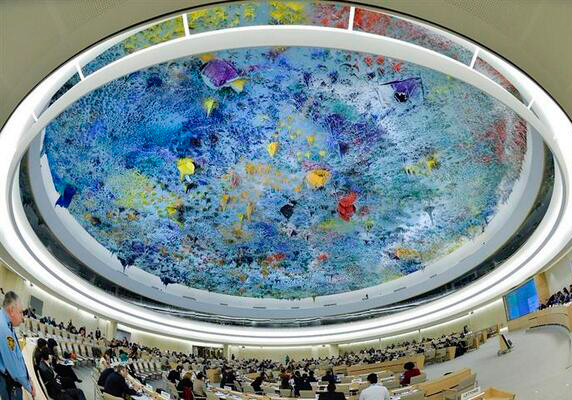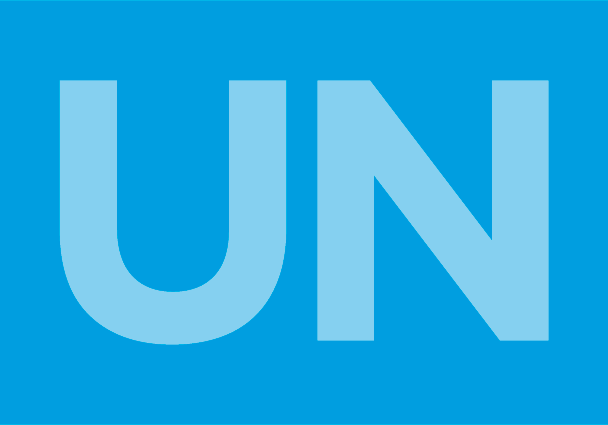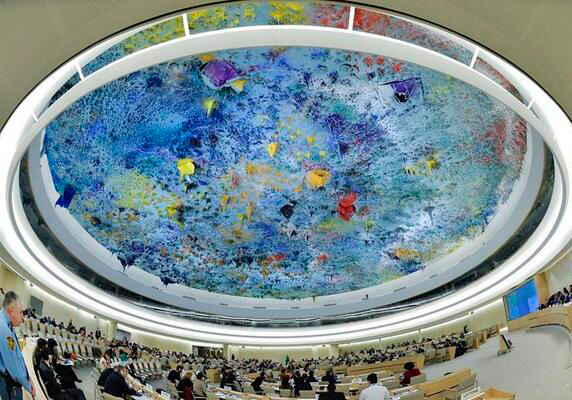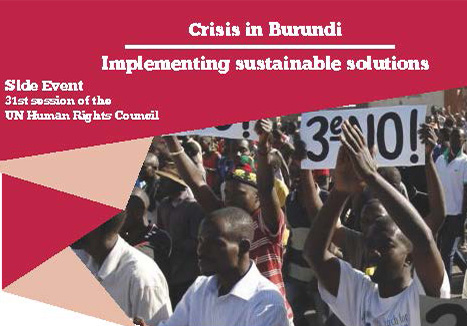
Mar 23, 2016 | Advocacy, Non-legal submissions
The ICJ today joined other NGOs in an oral statement to the UN Human Rights Council on the findings of the report of the OHCHR investigation mission on Libya.
It includes that violations of international law taking place throughout Libya “may amount to war crimes and other international crimes under international law.”
The statement continued as follows:
All sides to the conflict in Libya continue to perpetrate grave human rights violations and abuses. As highlighted by the UN High Commissioner for Human Rights, these violations continue to take place with “complete impunity” amid the collapse of the domestic justice system.
Unless genuine accountability is provided for these ongoing crimes the cycle of violence in Libya will continue, and the peace process will likely become no more than a well-intentioned piece of paper.
In this context, this Council has a duty to remain seized of the human rights situation in Libya, ensure continued monitoring of the situation and act to strengthen international accountability for crimes committed in Libya if the national system remains incapable of fulfilling this role. We are deeply concerned that the current resolution before this Council falls short of that standard.
Additionally, all UN member states should ensure that the International Criminal Court has the capacity to fulfill the mandate provided to it by the Security Council and begin fully fledged investigations into past and ongoing crimes committed in Libya.
As highlighted by civil society in a letter to this Council: “It is critical that all parties to the conflict are put on notice that their actions are being monitored and that accountability for serious crimes is a real prospect rather than an empty threat. Failure to do so will likely embolden those committing violations of international human rights and humanitarian law and will reinforce the endless cycle of impunity” in Libya.
The statement was on behalf of Cairo Institute for Human Rights Studies, CIVICUS, Human Rights Watch, International Commission of Jurists, FIDH, and OMCT.

Mar 23, 2016 | Incidencia
Declaración oral ante el Consejo de Derechos Humanos.
“La Comisión Internacional de Juristas quiere referirse al informe del Alto Comisionado sobre Colombia. Pese a los avances en las negociaciones de paz entre el Gobierno y las Fuerzas Armadas Revolucionarias de Colombia (FARC), creando nuevas instituciones y mecanismos, seguimos preocupados sobre las garantías a los derechos a la justicia y a la verdad de las víctimas y la posibilidad que se consagre la impunidad. Los acuerdos estipulan que las informaciones recabadas por la Comisión de la Verdad y la Unidad Especial de Búsqueda de Personas Desaparecidas, no podrán ser entregadas a la Jurisdicción Especial para la Paz, ni ésta podrá requerirlas. Ello es contrario a los estándares internacionales en la materia y en particular los Principios actualizados para la protección y la promoción de los derechos humanos mediante la lucha contra la impunidad.
Asimismo, el llamado procedimiento de “contraste” establecido para la Jurisdicción Especial para la Paz, para aquellos que tempranamente reconozcan sus crímenes y responsabilidad, no garantiza la realización de investigaciones exhaustivas ni tampoco una participación activa de las víctimas en los procedimientos, socavando sus derechos a un recurso efectivo, a la justicia y a la verdad. Igualmente, los lineamientos sobre la aplicación de la Jurisdicción Especial para la Paz a los agentes del Estado, dado a conocer por el Gobierno en diciembre de 2015, estaría socavando el principio de responsabilidad penal del superior jerárquico.
Mi organización ve con profunda preocupación que la cuestión de las garantías de no repetición, esencial para la justicia de transición, no haya sido considerada durante la negociación. Las reformas institucionales relativas a la separación de la Policía Nacional del Ministerio de Defensa, la desmilitarización de los cuerpos de seguridad del Estado, la depuración administrativa de la Fuerza Pública y la revisión de la doctrina militar – típicas medidas de garantías de no repetición –están ausentes en este proceso de negociación.
La Comisión Internacional de Juristas exhorta al Gobierno y a las FARC a garantizar plenamente en el Acuerdo Final, y en la legislación que lo implementará, los derechos a la justicia y a la verdad de las víctimas y a excluir toda modalidad de impunidad, de conformidad con el Derecho internacional.”
Declaración leída por: Sr Carlos López

Mar 16, 2016 | Advocacy, Non-legal submissions
The ICJ today delivered an oral statement to the UN Human Rights Council, on the Universal Periodic Review of Nepal.
“The ICJ is concerned that the Government of Nepal has yet to implement many of the recommendations it accepted during the first UPR cycle, including several that reflect its international legal obligations regarding the new Constitution, investigation and prosecution of serious crimes, and establishment of credible transitional justice mechanisms.
The police continue to refuse to investigate conflict-era cases even when explicitly ordered by courts to do so. The transitional justice commissions do not enjoy the support of the victims and human right organizations, a year into their two-year mandate. Victims’ rights to truth, justice and reparation are not being respected, protected and fulfilled.
More than 59 persons, including 10 police personnel, were killed during recent protests, but as yet we are not aware of any impartial and effective investigation of the killings.
Many serious crimes under international law, including torture and enforced disappearance, still are not recognised as crimes under the Nepali penal code.
The ICJ therefore calls upon the Government to reconsider its position, and to accept and implement the UPR recommendations arising from this cycle, relevant to:
- Strengthening the constitutional protection of human rights;
- Amending the Truth and Reconciliation Commission Act, 2014, in line with international standards and Supreme Court orders;
- Establishing a credible transitional justice process;
- Preventing, investigating, and responding effectively to any use of excessive force by security forces;
- Ensuring prompt, independent and impartial investigations and, prosecution in cases of unlawful killings, whether the perpetrators are security forces or protesters;
- Amending the Penal Code to explicitly incorporate serious crimes under international law; and
- Ratifying relevant treaties, and accepting requests for visits of the Working Group on Enforced Disappearances, and Special Rapporteur on the right to truth.”
A more detailed written statement may be downloaded in PDF format here: HRC31-Advocacy-WrittenStatement-Nepal-2016

Mar 1, 2016 | Events
The ICJ is co-sponsoring a panel discussion on the situation for human rights in Burundi, as a side-event to the UN Human Rights Council, 4 March 2016.Details are available in the flyer available to download here: HRC31-sideeventflyer-burundi-2016

Feb 20, 2016
Hoy, la CIJ hace público su estudio sobre los vacíos e incompatibilidades del sistema jurídico e institucional colombiano respecto de las disposiciones de la Convención internacional para la protección de todas las personas contra las desapariciones forzadas.
Asimismo, el estudio identifica las medidas y los correctivos necesarios para adecuar el ordenamiento interno a las disposiciones y obligaciones establecidas en la Convención. Así, la CIJ pretende contribuir a una correcta implementación en el orden nacional colombiano de la Convención.
En julio de 2012, el Estado colombiano ratificó la Convención y, en diciembre 2014, presentó su informe sobre la implementación de este tratado para su examen por el Comité contra las Desapariciones Forzadas. Según la programación del Comité, el informe será examinado en septiembre de 2016.
Colombia-CIJ EstudioVacíosDesapForz-Publications-Thematic report-2016-SPA (full report, in PDF)









